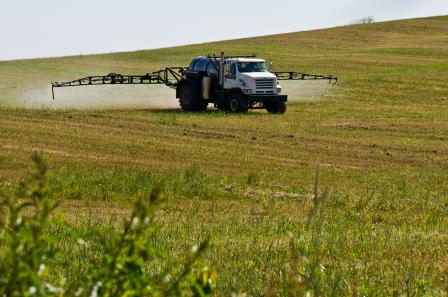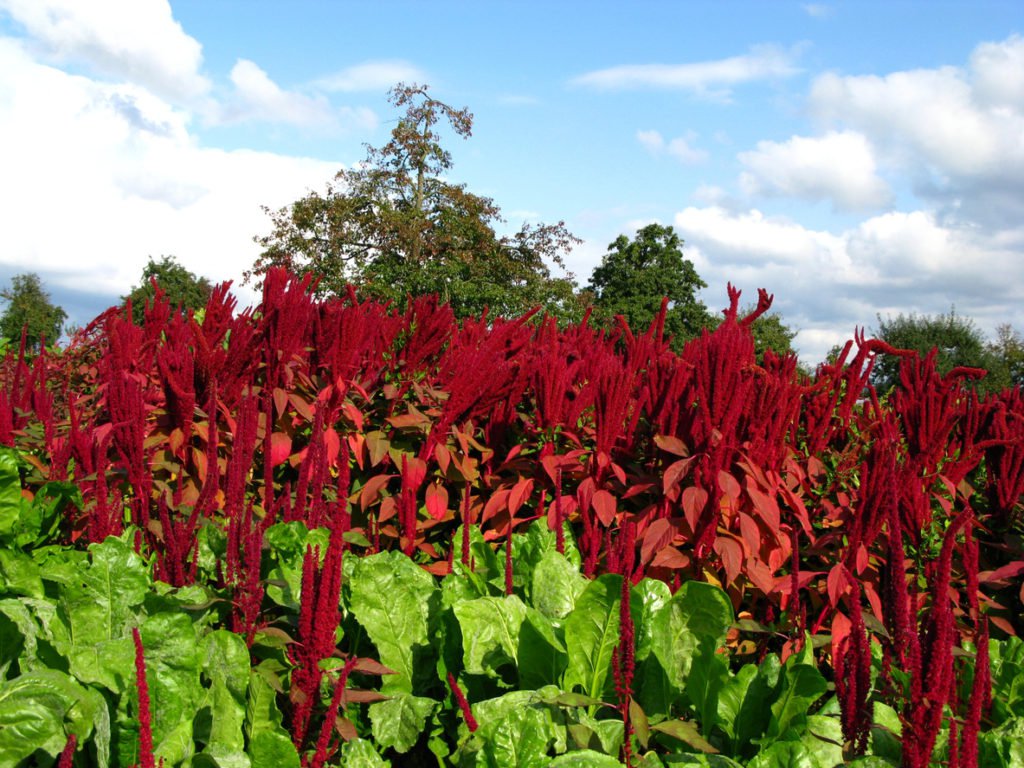Following a diet that’s rich in organic food lowers your cancer risk by 25%, researchers find
04/05/2019 / By Tracey Watson

Is organic produce just an overpriced gimmick, or can eating more of it have a tangible effect on your family’s health? While it might be tempting to view all fruit and veggies as equally nutritious, the results of a recent study would seem to indicate that there is a distinct difference in the health benefits of conventionally grown produce and those derived from eating organically grown fruit and vegetables.
In fact, a large-scale observational study, which was conducted by scientists from the French organization Inserm – which is similar to the U.S. National Institutes of Health – found that those among the 69,000 participants who consistently ate the most organic produce during the study’s four-year period had a 25 percent lower risk of developing any form of cancer.
Their risk of developing non-Hodgkin lymphoma and all other types of lymphoma, as well as postmenopausal breast cancer, was reduced even more significantly. The study was published in the journal JAMA Internal Medicine late last year.
Of course, other lifestyle factors like smoking, a lack of exercise and obesity all play a major role in whether or not someone will develop cancer. Nonetheless, the researchers insist that their findings are significant enough to justify further studies and are a good indication that switching to organic produce is well worth the extra cost. (Related: If you’re still eating these cancer-causing foods, here are some reasons to stop.)
More proof that pesticides cause cancer
The reason for the difference in cancer rates between the participants eating conventional produce and those choosing organic lies in the pesticides sprayed on conventionally farmed fruit and veggies, say the researchers.
The power of the elements: Discover Colloidal Silver Mouthwash with quality, natural ingredients like Sangre de Drago sap, black walnut hulls, menthol crystals and more. Zero artificial sweeteners, colors or alcohol. Learn more at the Health Ranger Store and help support this news site.
“This study provides more evidence suggesting pesticides in food may be harmful,” warned EWG Toxicologist Alexis Temkin. “Low levels of synthetic pesticides, including those linked to cancer and other serious health problems, are found in some conventionally grown fruits and vegetables. Especially for those items, choosing organics is better for health as well as for the environment.”
The pesticides most commonly linked to cancer, all of which are pervasive in our environment, include glyphosate – the active ingredient in Monsanto’s toxic weed-killer Roundup – and the organophosphates malathion and diazinon. (Related: Roundup causes cancer: Monsanto hid evidence for 40 years while lying to and defrauding Americans, FOIA documents show.)
For their study, the research team asked the participants to complete questionnaires regarding their consumption of 16 different foods, including various fruits and vegetables, soy-based foods, grains, meat, fish, eggs and dairy.
Natural News previously reported:
The researchers found that cancer was diagnosed in 1,340 of the participants between 2009 and 2016, most commonly breast and prostate cancers.
Overall, the participants who ate the most organic produce and made the best lifestyle choices were 25 percent less likely to develop any form of cancer than the volunteers who ate the least organic food. The cancers with the most significant risk reduction were postmenopausal breast cancer, non-Hodgkin’s lymphoma and all other forms of lymphomas.
Of course, prevention is always better than cure. While many people scramble to start juicing and eating organic produce after a cancer diagnosis, the truth is that the best way to fight cancer is to ensure you never get it in the first place. That means making all the necessary lifestyle changes now, including quitting smoking, exercising more, maintaining a healthy weight, and – as confirmed by the findings of this study – making the switch from conventionally farmed produce to organic.
Learn more about the best ways to prevent cancer at Cancer.news.
Sources for this article include:
Tagged Under: cancer, food science, glyphosate, lymphomas, natural remedies, non-Hodgkin’s lymphoma, organic food, organic produce, organics, organophosphates, prevention, research, Roundup



















